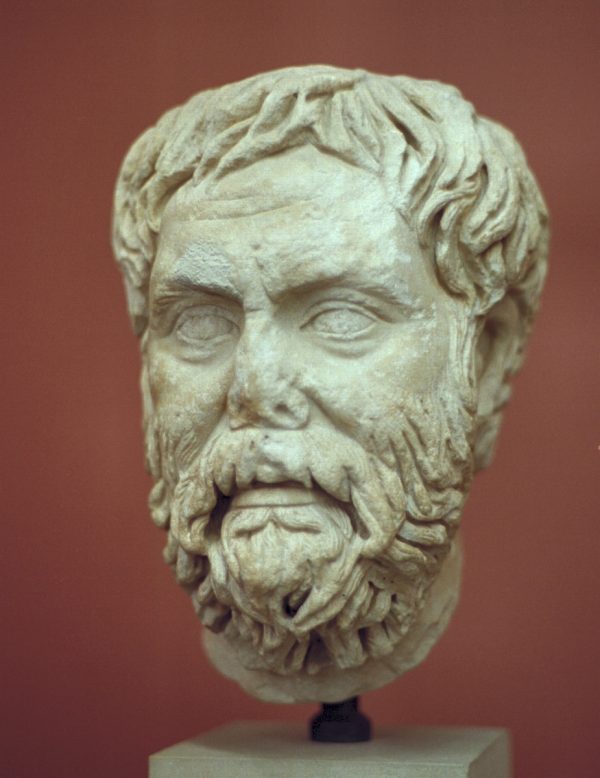
Step back in time to ancient Greece, where a fascinating concept emerged that paved the way for modern skepticism. Its name is Epoche, and it was championed by the ancient skeptics. Particularly the philosopher, Pyrrho of Elis, the founder of the school of Pyrrhonism. At its core, Epoche is the suspension of judgment, a practice that allows us to examine evidence and arguments for and against a claim without bias. Pyrrhonism goes a step further and teaches that this suspension of judgment leads to a state of mental tranquility known as ataraxia, which is what we will focus on in this article.
Today, this ancient concept still holds sway in the realm of modern philosophy, particularly in the fields of epistemology and ethics and what could be a better example of Epoche than conducting scientific research. When we don the white lab coat, it is essential for us to suspend our judgment and withhold belief until the evidence and data have been thoroughly examined and analyzed. Scientists must approach their work with an open mind, free from preconceived notions and biases. By employing Epoche, scientists can ensure that their research is based solely on empirical evidence and not on personal opinions or assumptions. This approach helps to establish the credibility and reliability of scientific findings, which is crucial in advancing knowledge and understanding in various fields.
But we should bear in mind that Epoche is not limited to scientific research alone. Its practicality extends far beyond the realm of the laboratory. In fact, Epoche can be applied to various aspects of our daily lives, guiding us towards a more balanced and objective perspective. When we encounter conflicting opinions or ideas, it is easy to form a judgment based on our own biases or beliefs. By employing Epoche, we can take a step back and examine the evidence and arguments for and against each viewpoint. This approach can help us form a more objective and rational perspective, free from personal biases and assumptions.
As touched on earlier, Pyrrhonism aimed for not just the suspension of judgement, but the attainment of ataraxia by means of it. Remember that ataraxia refers to a state of mental tranquility or inner calmness, free from afflictive emotions and neuroticism. It was this stillness of mind—especially in the face of difficult or stressful situations— that was valued as the ideal mental state for a warrior about to enter the heat of battle.
The Pyrrhonist way of combining the equanimity of ataraxia with Epoche was what made it a unique formulation. It was this pursuit of knowledge through the suspension of judgment complemented with a tranquil, still mind and that was the Pyrrhonian good life. From these two elements together, we can become detached from the distractions of our thoughts and emotions, enabling a more objective and rational approach to situations and maintain a clear and balanced perspective—even in the midst of challenging or stressful situations.
Epoche is a powerful tool that can help us to cultivate a more objective and balanced perspective, free from personal biases and assumptions. Whether in scientific research, daily life, or relationships with others, employing Epoche can improve our decision-making, problem-solving, and foster a more collaborative and productive work environment. So, next time you encounter conflicting opinions or ideas, try suspending your judgment and examining the evidence and arguments for and against each viewpoint, and see how it can improve your perspective and interactions with others.

